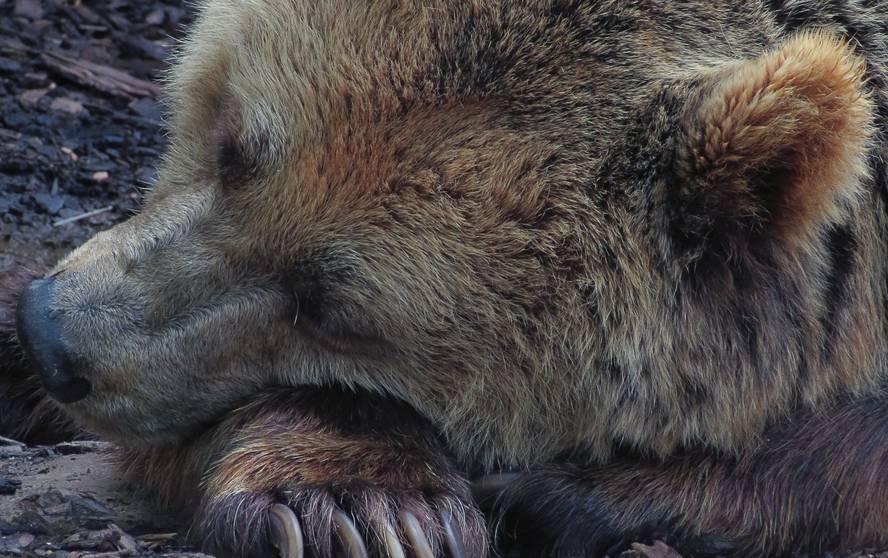Find out what protects bears by hibernating and immobilized people from thrombi
People with long-term immobility and hibernated bears have lower levels of a key protein in the formation of coáteros, which protects them from the existence of thrombi or embolism. This is demonstrated by research published in Science.
Prolonged immobilization increases the risk of thrombi and embolism in general and may be fatal. People with chronic immobility, such as people with spinal cord injury, suffer no more thrombosis than healthy people. And bears, despite being hibernating for months, don't have this problem either.
Researchers have studied these two cases and found that both hibernating bears and people with chronic immobility have less HPS47 in their blood. This protein is found primarily in cells that form connective tissues (bone and cartilage), but also in platelets, which help the platelet to bind to collagen.
Tests on mice have shown that mice that do not contain HSP47 have a significant reduction in the formation of bookmarks. On the other hand, they have observed that recently stopped pigs (which have to stay for almost 28 days, feeding on pups) have less protein than active pigs. And finally, you've seen that the same thing has happened to you for another experiment, willingly, with 12 healthy people who were bedridden for a long time. In this case, after 27 days of inactivity, the HSP47 level was reduced.
Researchers consider that this discovery can be very useful for the formation of a drug that can prevent the formation of coacids in other situations.






